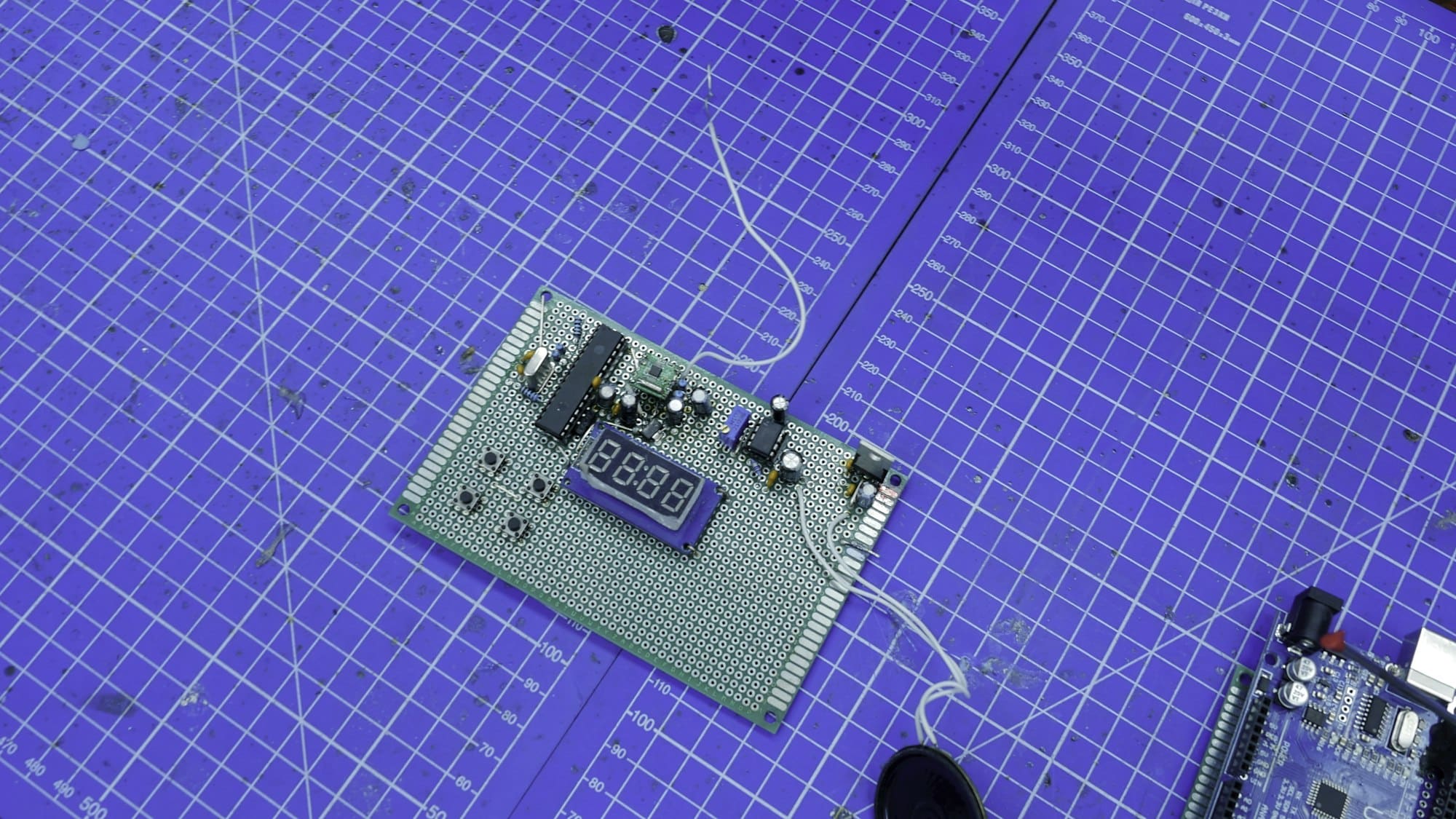What Are the Implications of Smart City Infrastructure on Residential Security Systems?

In the age of rapid technological progression, the concept of smart cities is no longer futuristic but a rising reality. As urban environments strive to enhance the lives of their citizens, they are leveraging the Internet of Things (IoT) and other advanced technologies. Therefore, it becomes essential to understand the resulting implications on local security systems, particularly in residential areas.
The Emergence of Smart Cities: A Closer Look
Before we delve into the impact on residential security systems, let’s first understand what a smart city entails. A smart city, in its essence, refers to an urban area that uses digital technologies and data to improve the quality of life for its citizens, enhance sustainability, and streamline urban services.
Topic to read : How to Build Resilience into Real Estate Assets in Light of Climate Change?
At the heart of this initiative lies the IoT, a technology that connects physical objects, such as devices and sensors, to the internet, enabling them to collect and exchange data. In the context of a smart city, IoT can include anything from traffic sensors and smart meters to connected cars and public Wi-Fi access points. These systems work together, creating a network of connected devices that can interact and share data, contributing to the management and operation of city infrastructures in a way that is more efficient and responsive to the needs of citizens.
The Evolution of Residential Security Systems in Smart Cities
As cities become smarter, so too do residential security systems. Traditional security systems that once solely focused on alarms and locks are now evolving into comprehensive smart home security solutions. With IoT, we are seeing a shift from standalone security devices to a fully integrated system that can provide real-time data and remote access control.
Also read : How to Adapt Older Residential Properties to Meet Modern Energy Efficiency Standards?
For instance, smart security devices, like cameras and alarms, become part of a larger interconnected system. These devices can communicate with each other and with the users, providing real-time alerts on their smartphones in case of any breaches. Besides, these systems can be controlled remotely, allowing homeowners to manage their home security from anywhere, anytime.
Moreover, the integration of residential security systems with smart city data can further enhance the security levels. For example, integrating information from public security cameras or law enforcement databases with home security systems can help detect any potential threats and take proactive measures.
The Intersection of Privacy and Public Safety
While the integration of smart city infrastructure and residential security systems promises enhanced security, it also raises concerns about privacy. As more data is collected and shared, the risk of data breaches and misuse increases. Therefore, the implementation of these technologies comes with the responsibility of ensuring the privacy of individual citizens.
For example, while integrating public security camera data with home security systems can enhance security, it might also lead to unauthorized surveillance or misuse of personal data. Therefore, it’s crucial for smart cities to implement stringent data protection measures and ensure transparency about how this data is used and who has access to it.
The Role of Citizen Participation in Smart Security Management
Citizen participation plays a crucial role in the successful implementation of smart city solutions, including residential security systems. After all, these technologies are meant to serve the citizens, and their perspectives, needs, and concerns are of paramount importance.
For instance, public consultations can be conducted to understand citizens’ views on privacy and security issues. Feedback mechanisms can be established to ensure the continual improvement of these systems based on residents’ experiences and suggestions. Also, educating citizens about the use of these technologies, their benefits, and their privacy implications can foster trust and increase their acceptance.
The Future of Smart City and Home Security Systems
The integration of smart city infrastructure and residential security systems is a dynamic and rapidly evolving field, with new advancements surfacing regularly. For instance, artificial intelligence and machine learning are increasingly being used in these systems to predict potential security threats and provide personalized security solutions.
Moreover, as 5G technology becomes more prevalent, it is expected to revolutionize smart city and home security systems with its high-speed and low-latency connectivity. This can enable faster and more efficient data transmission, enhancing the responsiveness of security systems.
However, as these technologies evolve, it’s also essential to continually reassess and adapt the privacy and security measures in place. This means that policy frameworks, regulations, and public-private partnerships will play a crucial role in shaping the future of smart city and home security systems.
Overall, the integration of smart city infrastructure and residential security systems offers a new paradigm for urban security management. It holds immense promise for enhancing security and improving the quality of life for urban residents. Yet, it also requires careful attention to privacy issues and a commitment to citizen participation and transparency to ensure its successful and sustainable implementation.
The Impact of Smart City Technologies on Privacy and Public Safety
As the integration of smart city infrastructure and residential security systems gain momentum, a critical intersection emerges between privacy and public safety. More data collected and shared translates to an increased risk of data breaches and misuse. Hence, the burden of managing these technologies responsibly rests on the shoulders of those implementing them.
Let’s consider an example. Linking public security camera data with home security systems can undeniably enhance security by detecting potential threats early and taking proactive measures. However, this interconnection could also open a Pandora’s box of privacy violations, unauthorized surveillance, or misuse of personal data. Therefore, it becomes a necessity for smart cities to enforce stringent data protection measures. These measures must also safeguard transparency about data use and access control, thereby maintaining the delicate balance between enhanced security and privacy protection.
Citizen Participation: The Core of Smart Security Management
In the grand scheme of smart city initiatives, citizen participation holds a pivotal role. As the primary beneficiaries of these advanced technologies, citizens’ perspectives, needs, and concerns take center stage. Recognizing and addressing these factors is integral to the successful implementation of residential security systems and other smart city technologies.
One way to achieve this is through public consultations. These platforms can provide insights into the citizens’ views on privacy and security, leading to more informed decision-making. Additionally, feedback mechanisms can steer ongoing improvements in the systems based on residents’ experiences and suggestions. Knowledge is power, and educating citizens about these technologies, their benefits, privacy implications, and security management practices can foster trust and acceptance.
Conclusion: The Future of Smart City and Home Security Systems
In the rapidly evolving landscape of smart city and home security systems, new advancements are continually emerging. Technologies like artificial intelligence and machine learning are now extending their influence to these systems, enabling the prediction of potential security threats and the provision of personalized security solutions.
The anticipated prevalence of 5G technology can revolutionize these systems with its high-speed, low-latency connectivity. This technology promises faster and more efficient data transmission, thereby enhancing the responsiveness of the security systems. However, with the evolution of these technologies, it becomes vital to continually reassess and adapt the privacy and security measures accordingly.
Policy frameworks, regulations, and public-private partnerships will play a critical role in shaping the future of smart city and home security systems. This suggests that the integration of smart city infrastructure and residential security systems is not a one-way street. It is a two-way dialogue that requires ongoing adaptation and improvement.
In conclusion, the fusion of smart city infrastructure and residential security systems heralds a new era for urban security management. It offers the potential to enhance security and improve the quality of life for urban dwellers. Yet, striking the right balance between technological innovation, privacy protection, and citizen participation will be key to ensuring the successful and sustainable implementation of these transformative technologies.
